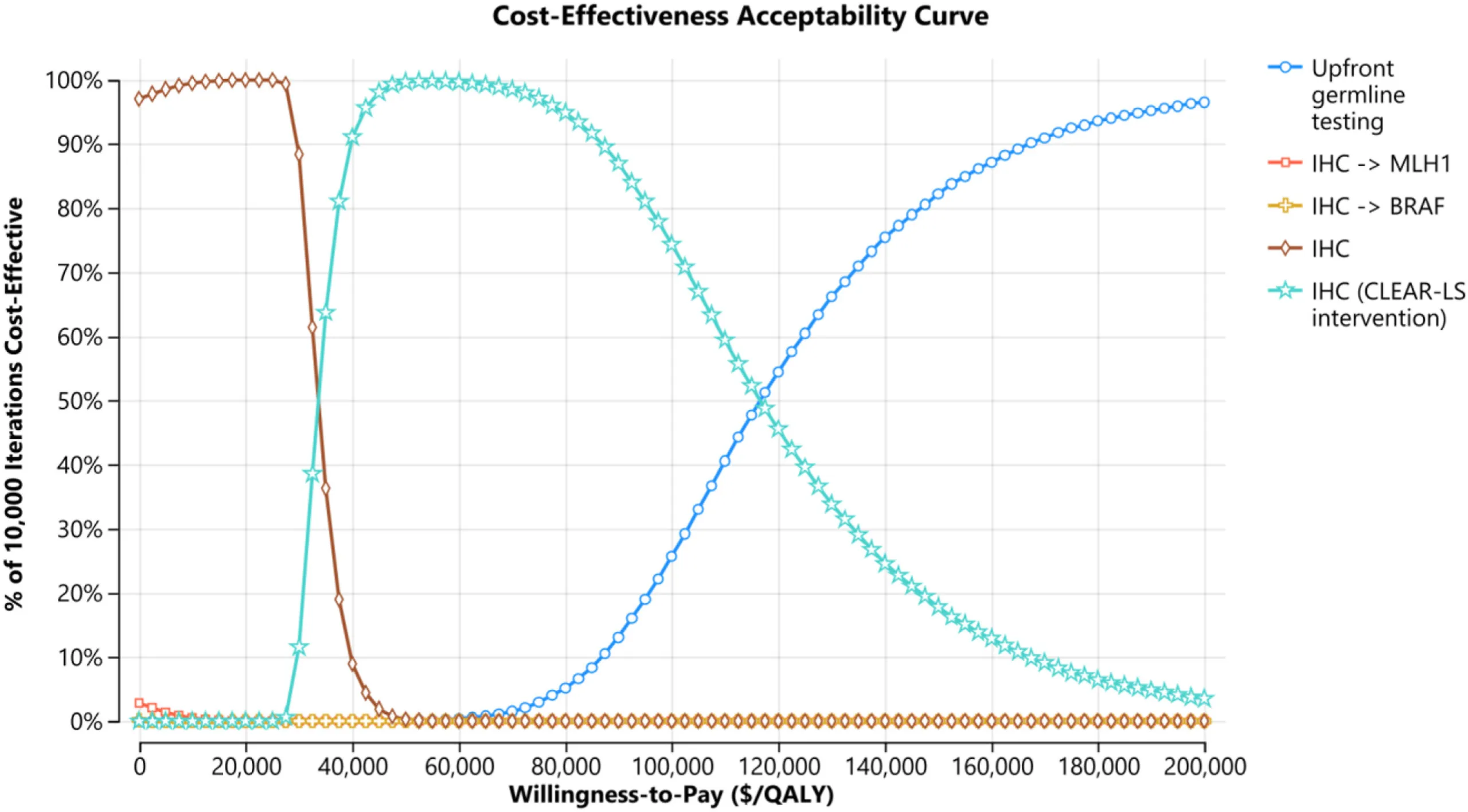Gaps in Colorectal Cancer Testing Lead to Missed Diagnoses
For years, healthcare professionals have advocated for testing colorectal cancer tumors for mismatch repair (MMR) defects. However, a recent Yale study highlights a concerning trend: most patients with abnormal MMR test results don’t proceed with crucial follow-up steps, like genetic testing. This lapse can have serious consequences, including missed cancer diagnoses and increased healthcare costs.
The Importance of MMR Testing in Colorectal Cancer
MMR testing plays a vital role in identifying potential genetic predispositions to colorectal cancer. When MMR is deficient, it indicates a possible hereditary cancer syndrome, such as Lynch syndrome. Identifying these syndromes allows for:
- Early detection of other related cancers.
- Proactive screening for at-risk family members.
- Personalized treatment plans for patients.
Why Are Patients Skipping Crucial Follow-Up Steps?
The Yale study delved into the reasons behind this lack of follow-through. Several factors may contribute, including:
- Lack of awareness among patients about the significance of abnormal MMR results.
- Insufficient communication between healthcare providers and patients.
- Barriers to accessing genetic counseling and testing, such as cost or geographical limitations.
The Consequences of Incomplete Testing
When patients with abnormal MMR results don’t complete genetic testing, the consequences can be significant:
- Missed diagnoses: Hereditary cancer syndromes may go undetected, delaying or preventing potentially life-saving interventions.
- Increased risk for family members: Without genetic testing, at-risk family members may not receive the screening and preventative care they need.
- Unnecessary costs: Failure to identify hereditary cancer syndromes can lead to more advanced cancers requiring more extensive and costly treatments.
Moving Forward: Improving Colorectal Cancer Testing Protocols
To address this issue, the study authors suggest several strategies:
- Enhanced patient education: Providing clear and accessible information about MMR testing and its implications.
- Improved communication: Encouraging healthcare providers to have thorough conversations with patients about their test results and the importance of follow-up.
- Increased access to genetic services: Expanding access to genetic counseling and testing through telehealth, financial assistance programs, and community-based initiatives.
Final Words
Ensuring that patients with abnormal colorectal cancer MMR test results complete the necessary follow-up steps is crucial for improving outcomes and reducing healthcare costs. By addressing the barriers to genetic testing and promoting greater awareness, we can ensure that more individuals receive the personalized care they need.




+ There are no comments
Add yours